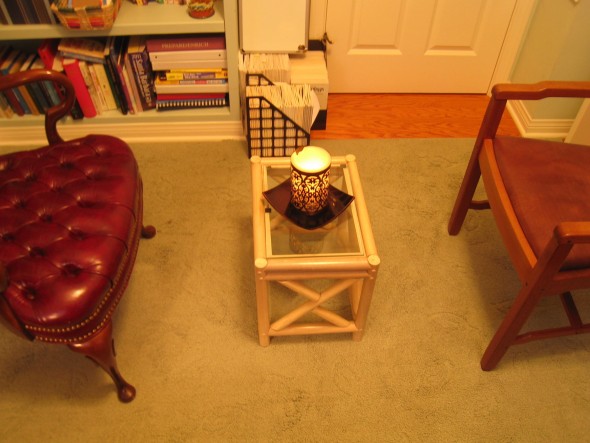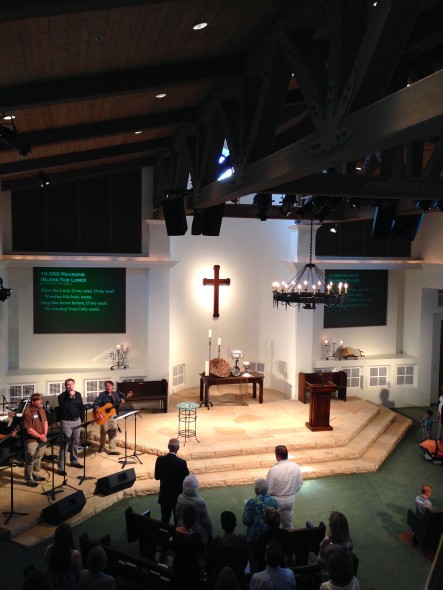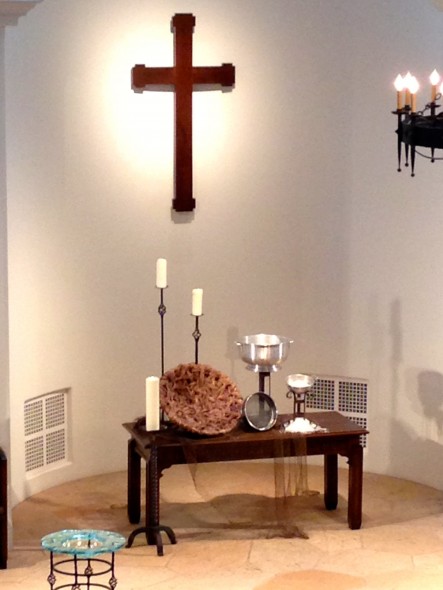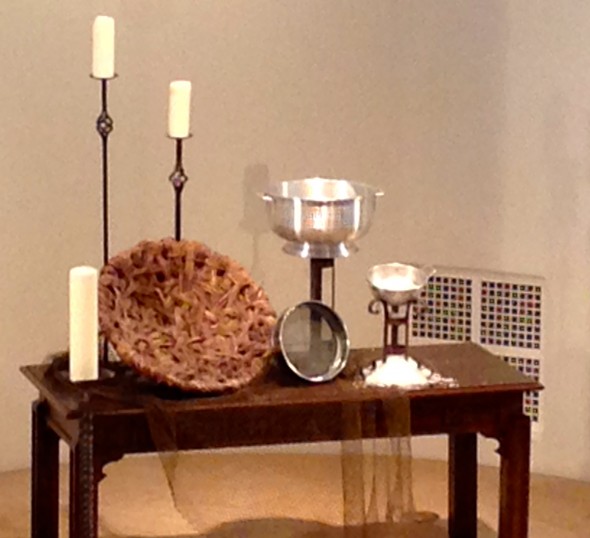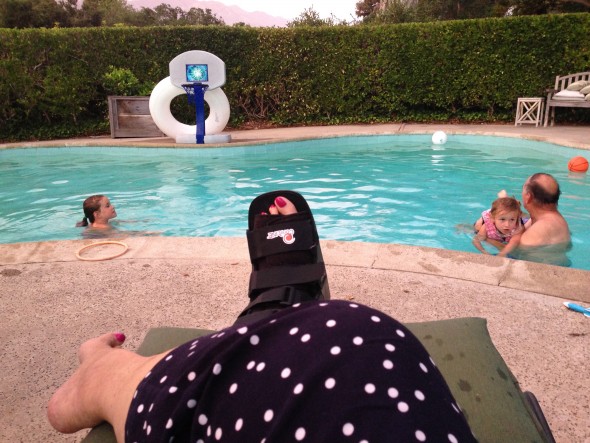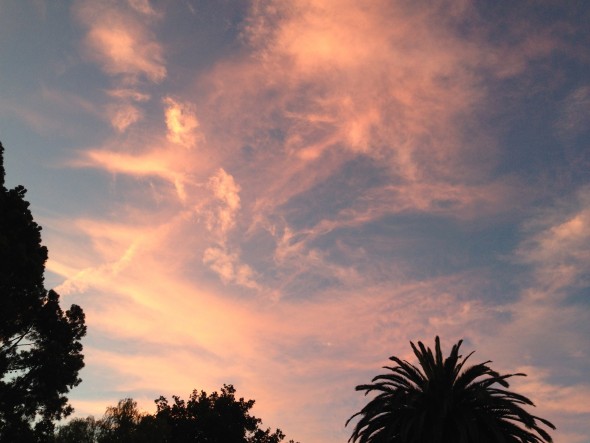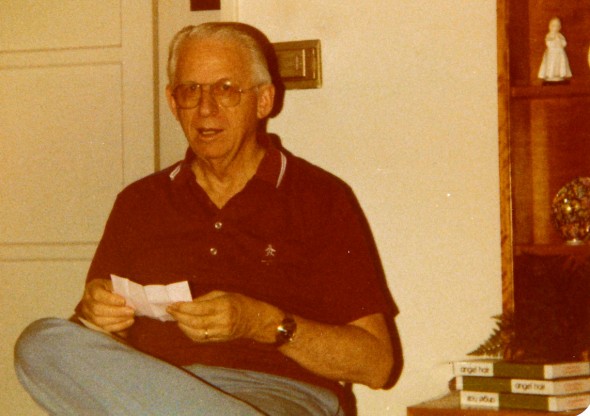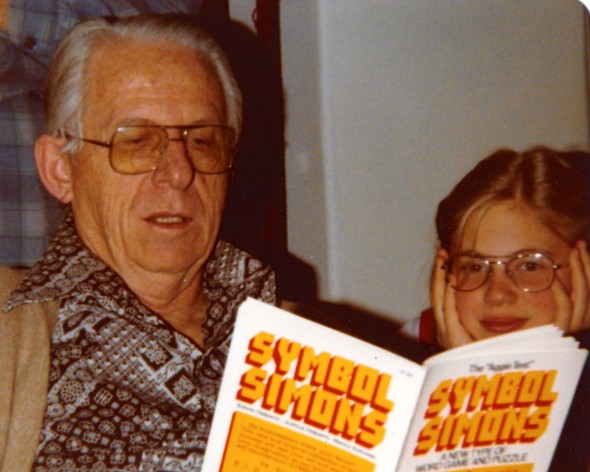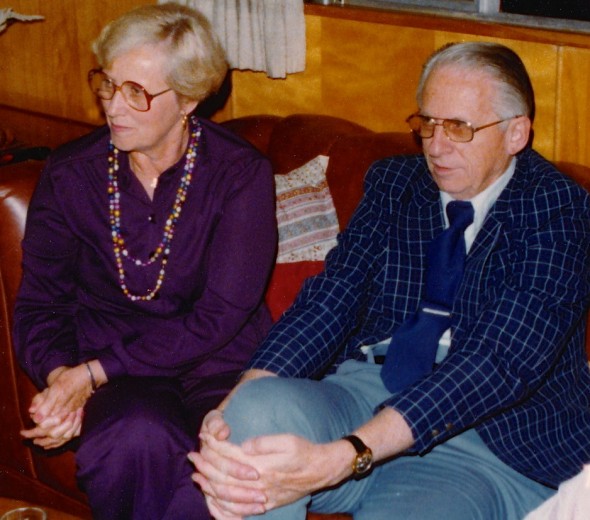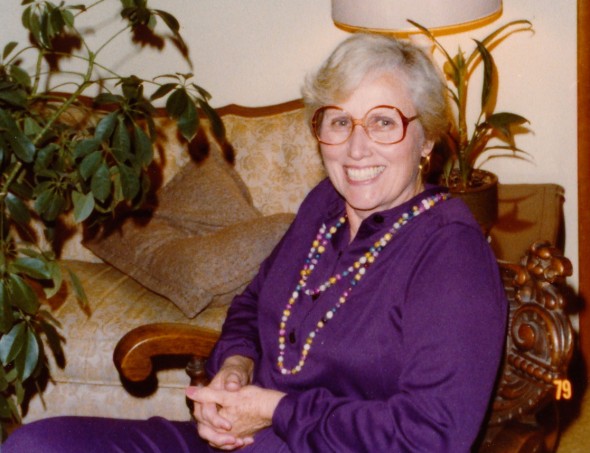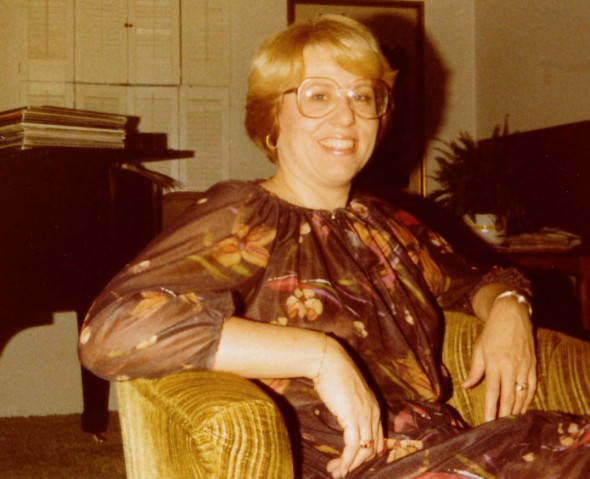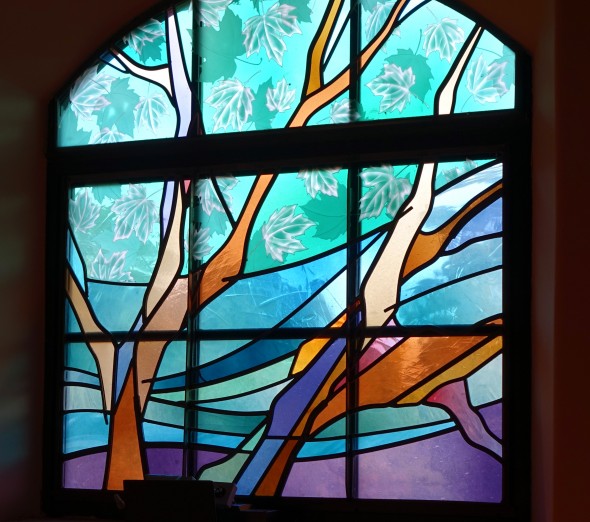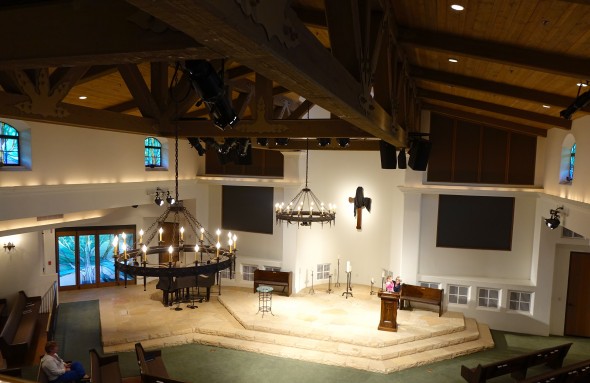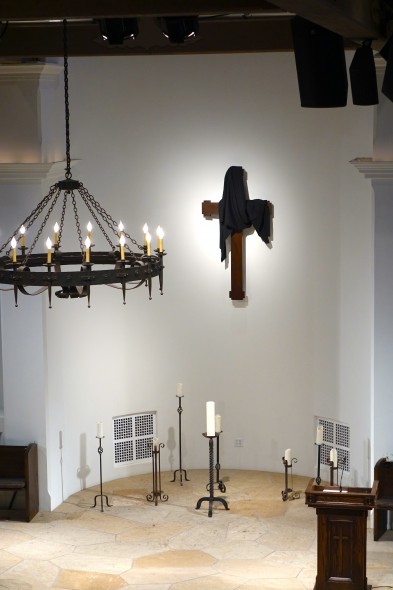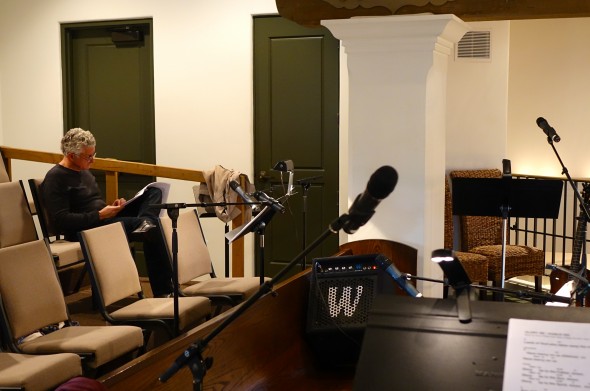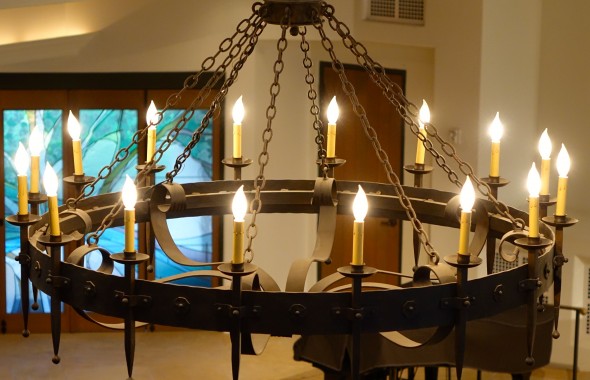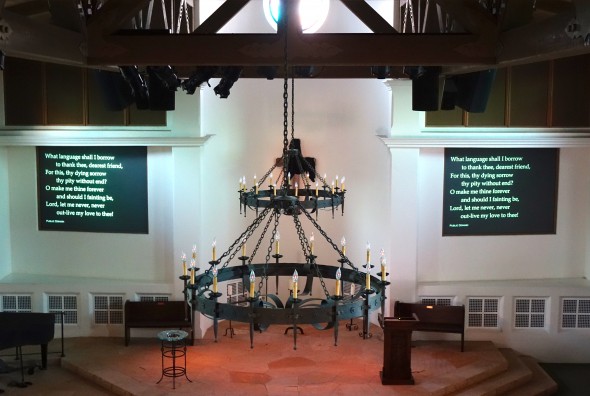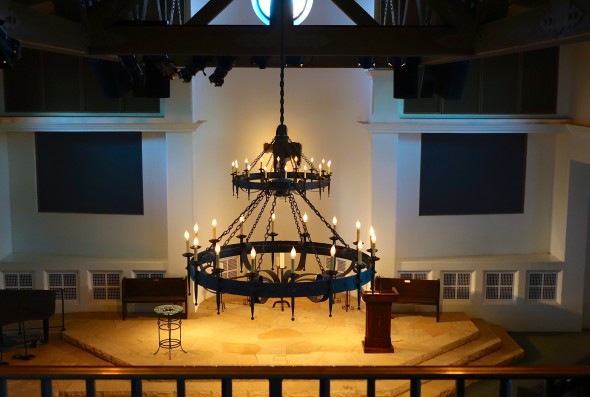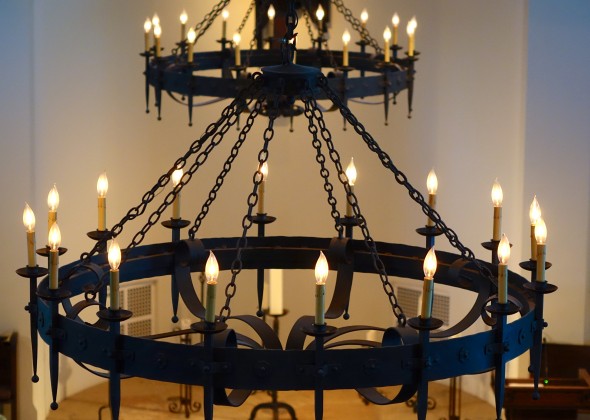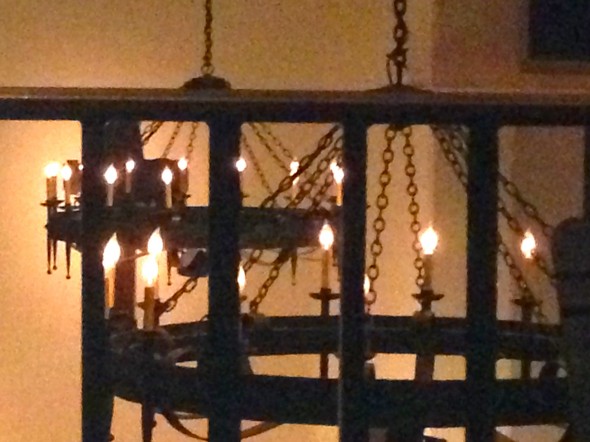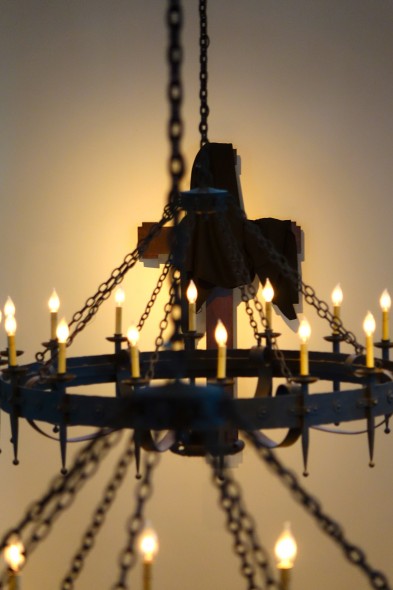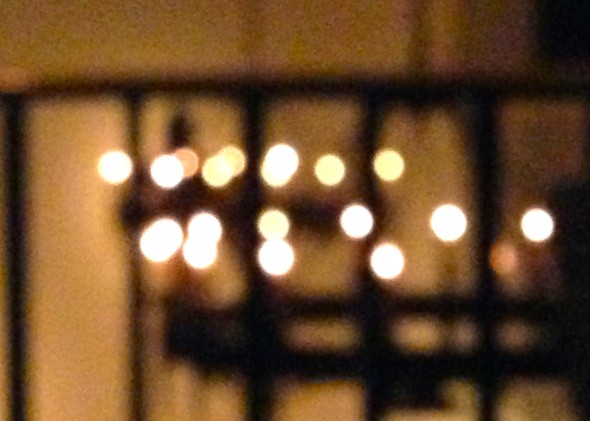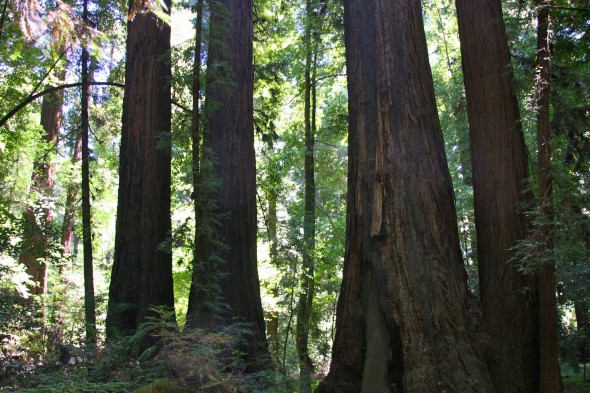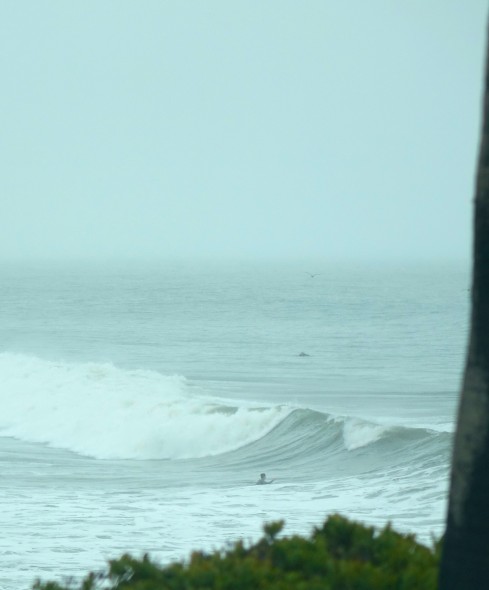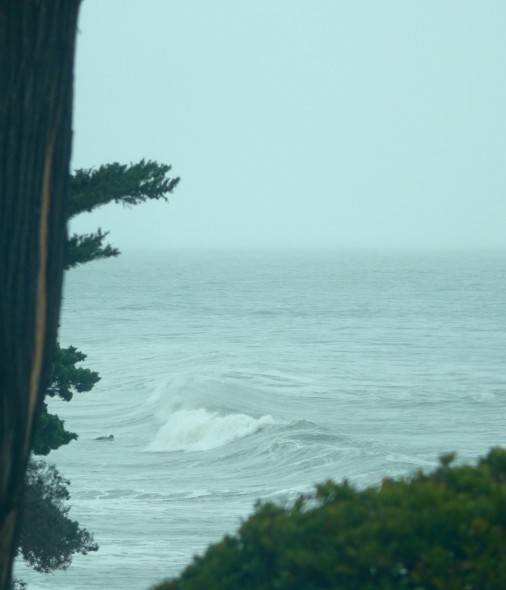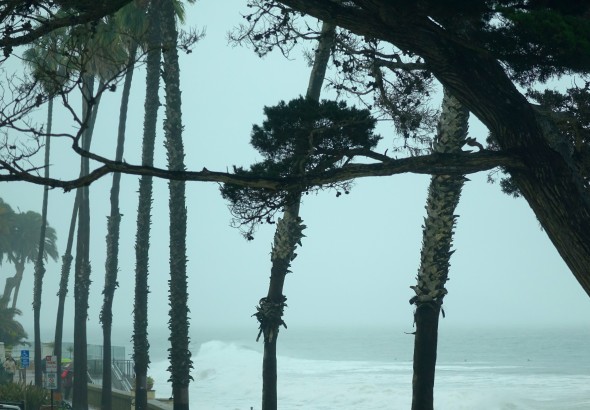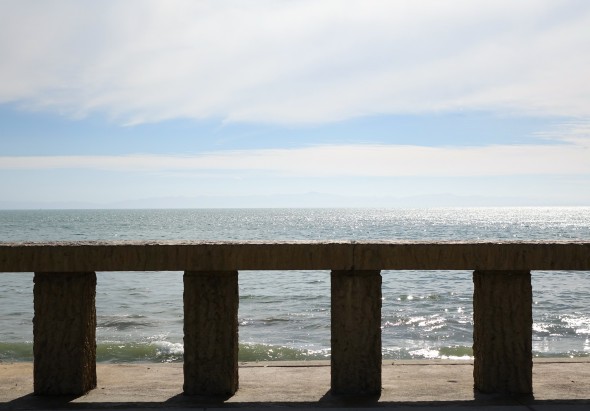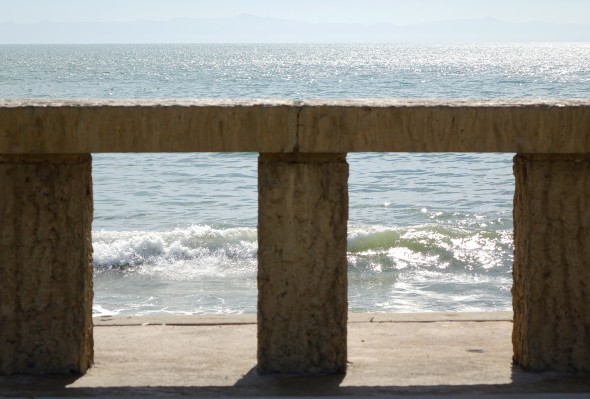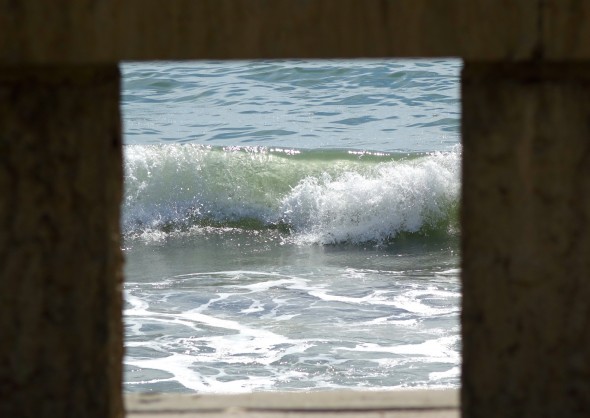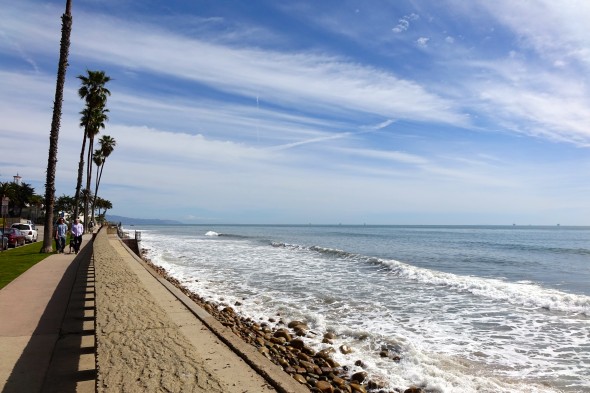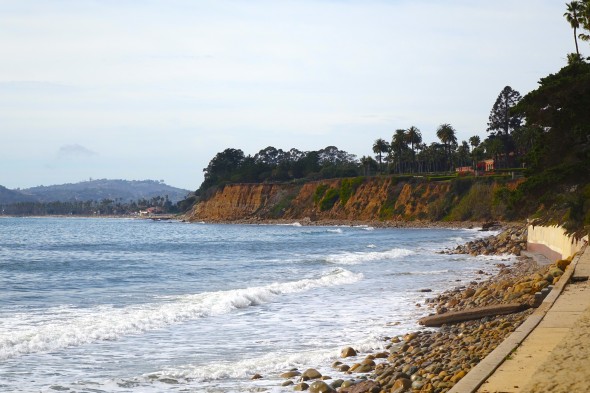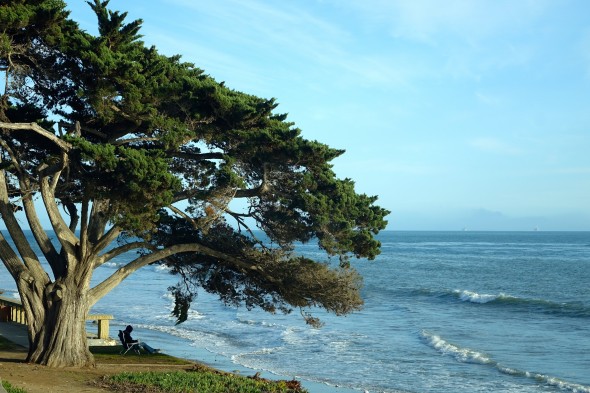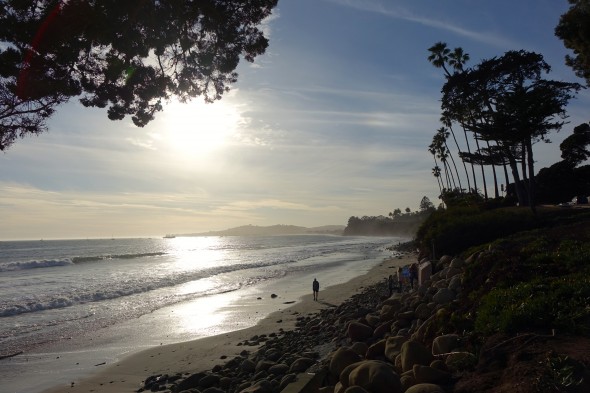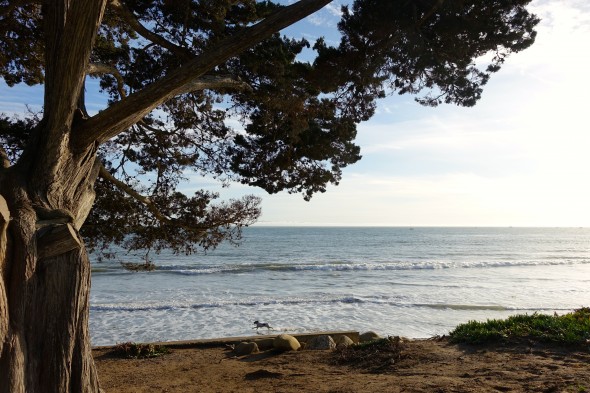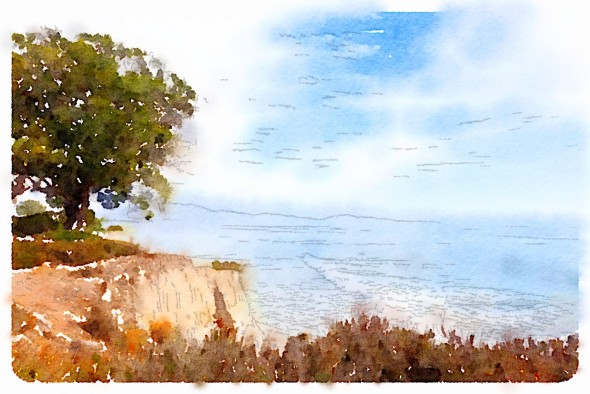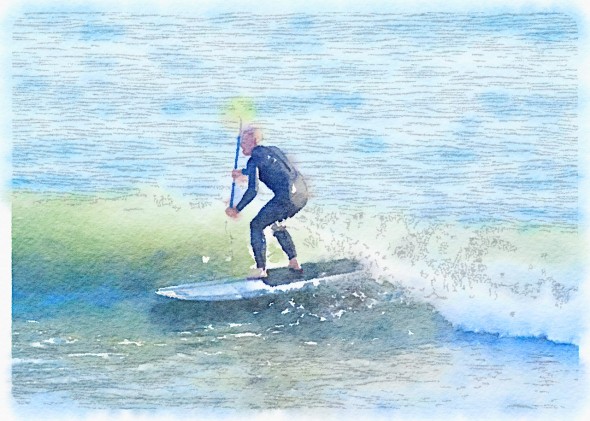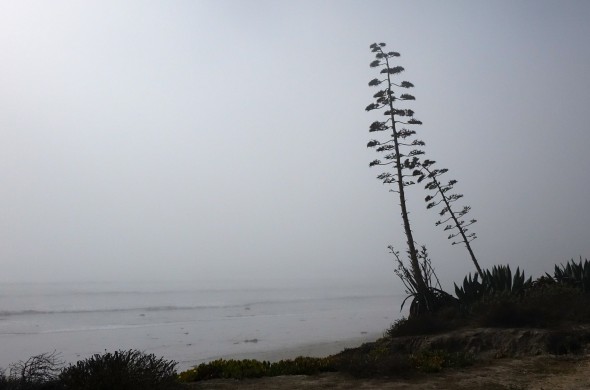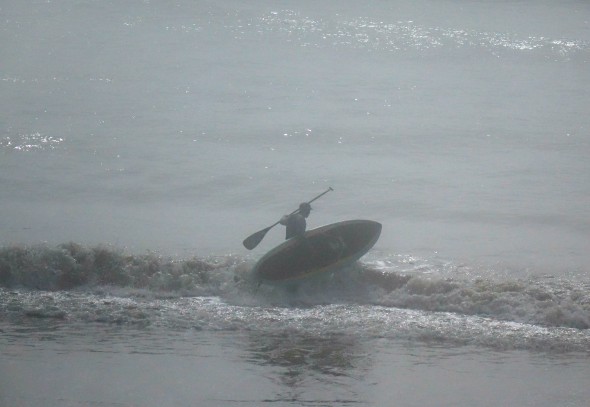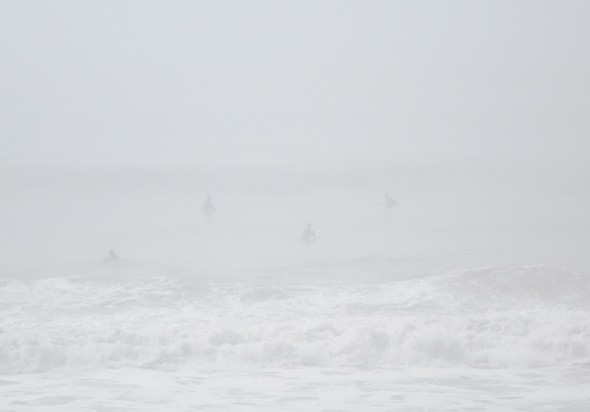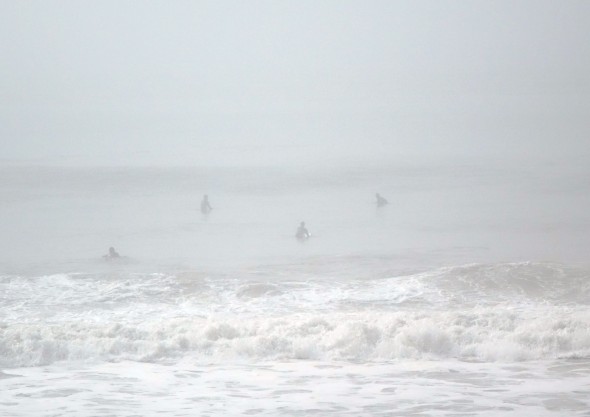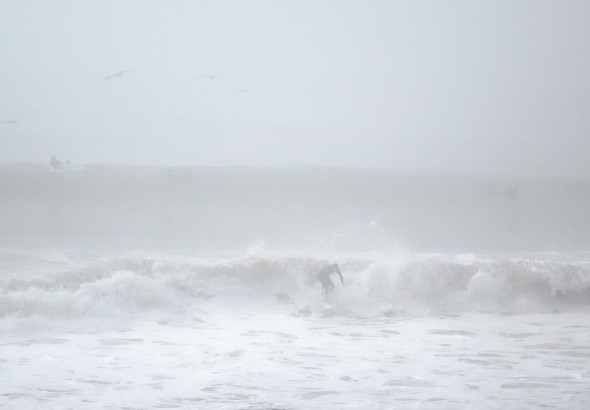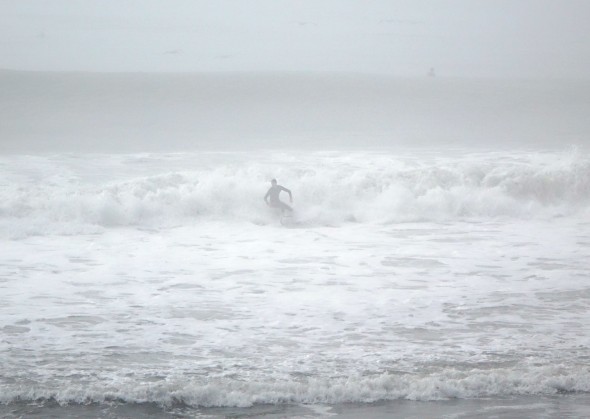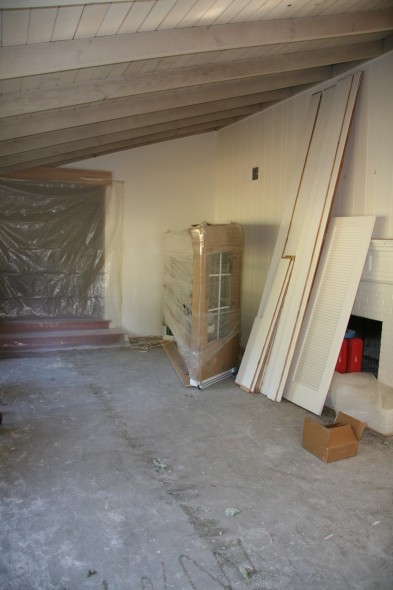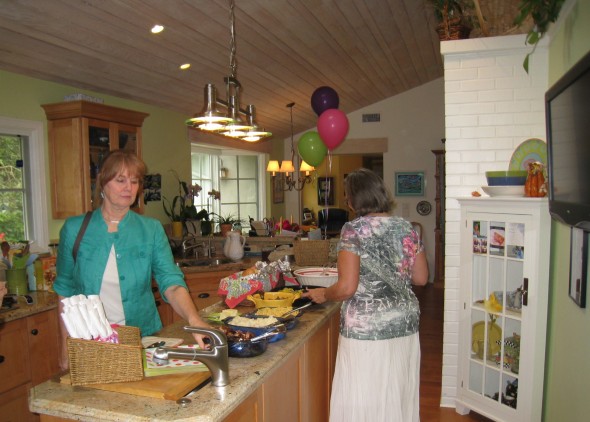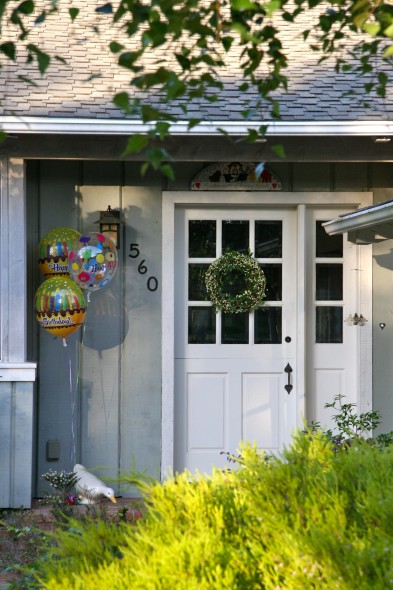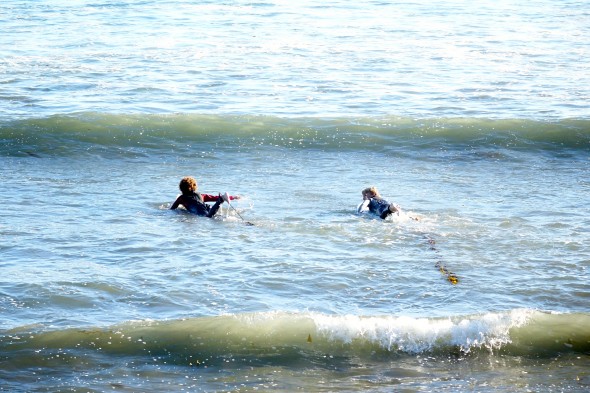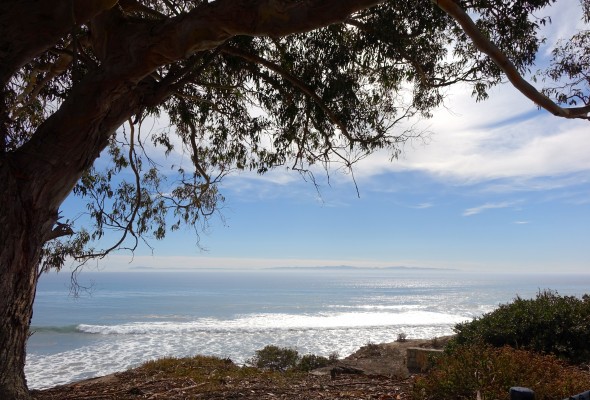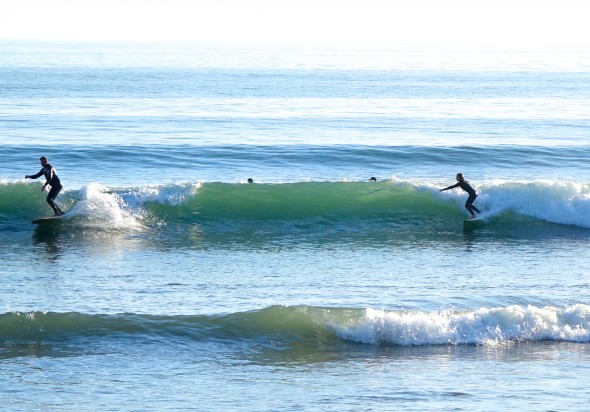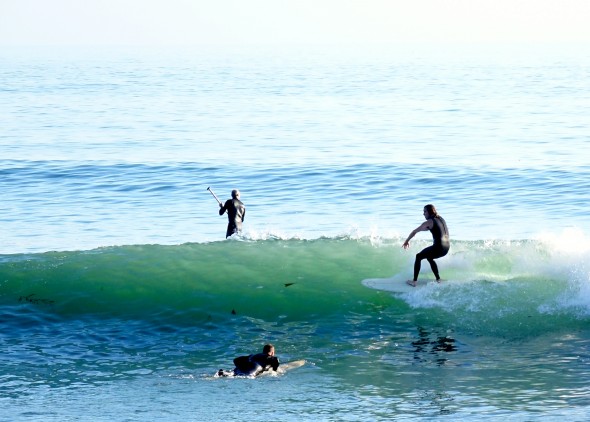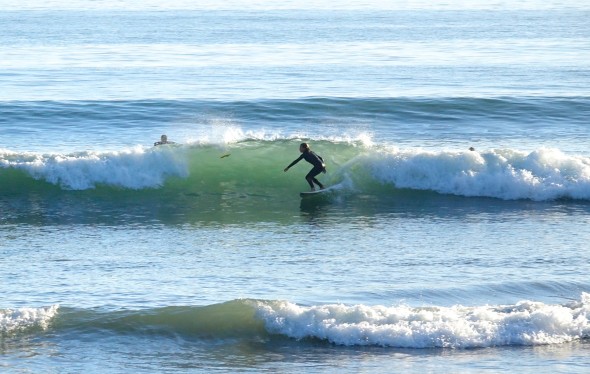It is always a joy to contribute a monthly essay to SheLoves magazine, one of the most welcoming places on the internet. This month, I was asked to bring something a little bit different – to write about spiritual direction as a part of a special week on mentoring ministries. Please follow me over there to read the entire piece.
They sit in the red leather chair. Or they’re across the country, taking to me by Skype. Either way, I sit in my small study, settle deep into my hand-made, craftsman-style armchair, a lit candle by my side, my spirit ready, waiting.
They come to be heard, to be seen in ways that are welcoming and formational. I come to learn, to listen, to pray. And what we find is a kind of newness, a refreshing reminder of God’s presence and an ever-increasing willingness to do this good work. Together.
Spiritual direction is what it’s called. Companionship-on-the-way is what it is. Long a practice of the ancient church, surfacing in the 20th century in broader and wider corners of Christendom, this partnering together is holy ground, a sacred place where one person, trained in a variety of disciplines, prayerfully listens to the life of another, asking gentle questions, pulling out threads, weaving them together into a new idea, a new question, a glimpse of what the Spirit is doing.
I am relatively new to the whole idea of direction. I first began to hear and read about it in the late 1980s. I learned that direction is not therapy, though it incorporates many ideas and even techniques from that discipline. It is also not pastoral counseling, something I did quite a lot of during the seventeen years that I was a pastor. It is its own unique animal, a thing not quite like any other, a process that is hard to describe, difficult to encapsulate.
I began direction for the first time when I moved to Santa Barbara in the late 1990s and continued with it for three years. I took a break from that process for a while and then, about ten years ago, a new boss suggested I look into pursuing certification as a director myself, and a seed was planted, deep in my spirit.
So come on over and join the conversation, okay? Just click on this line . . .
